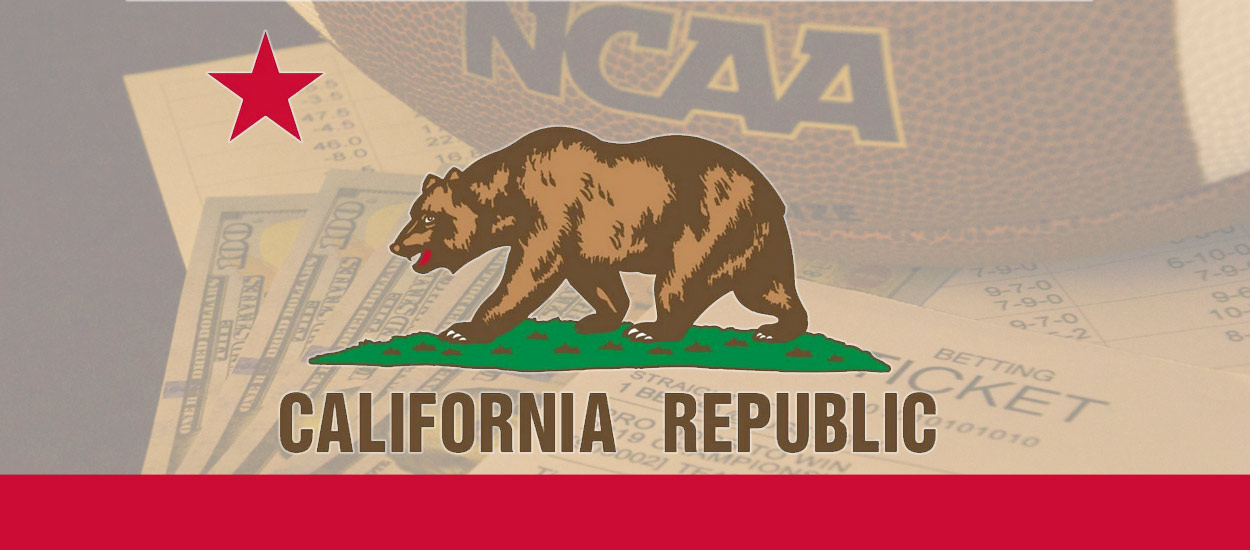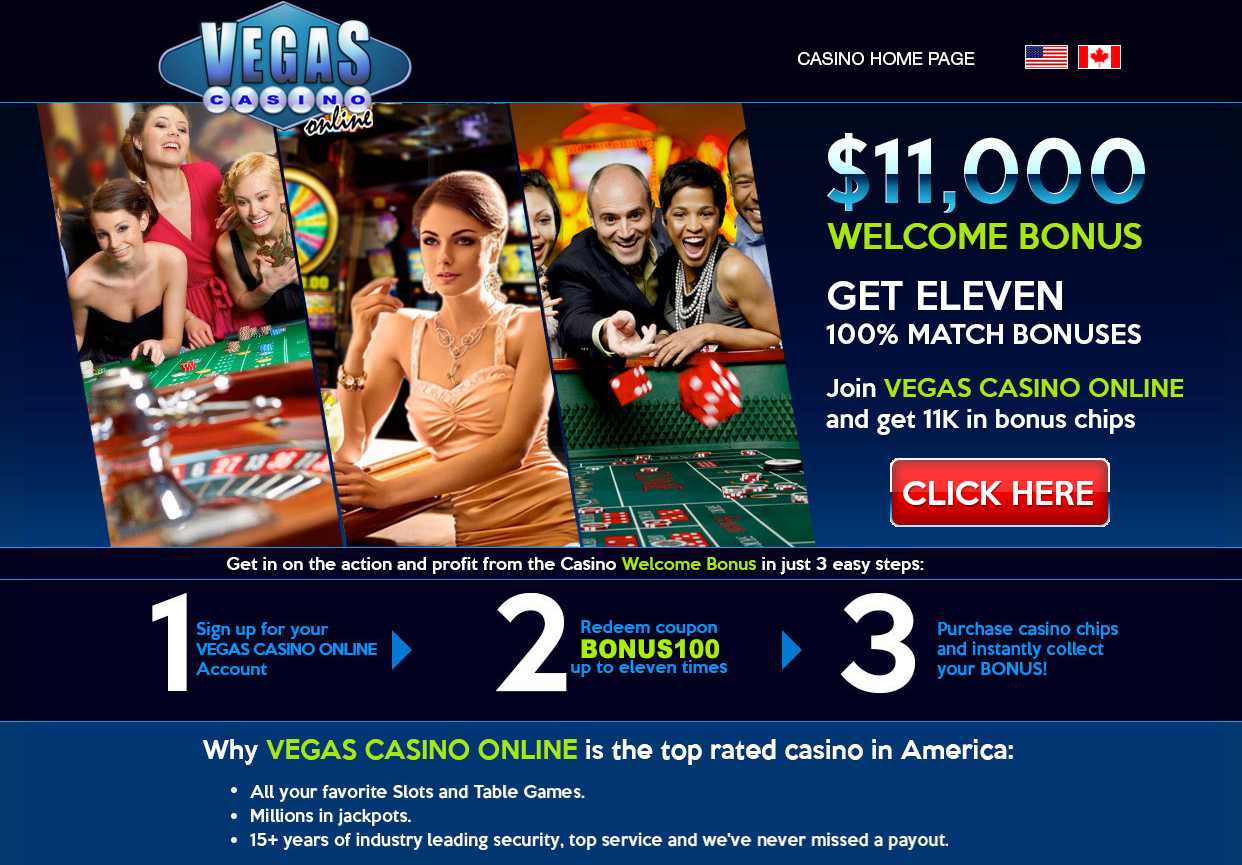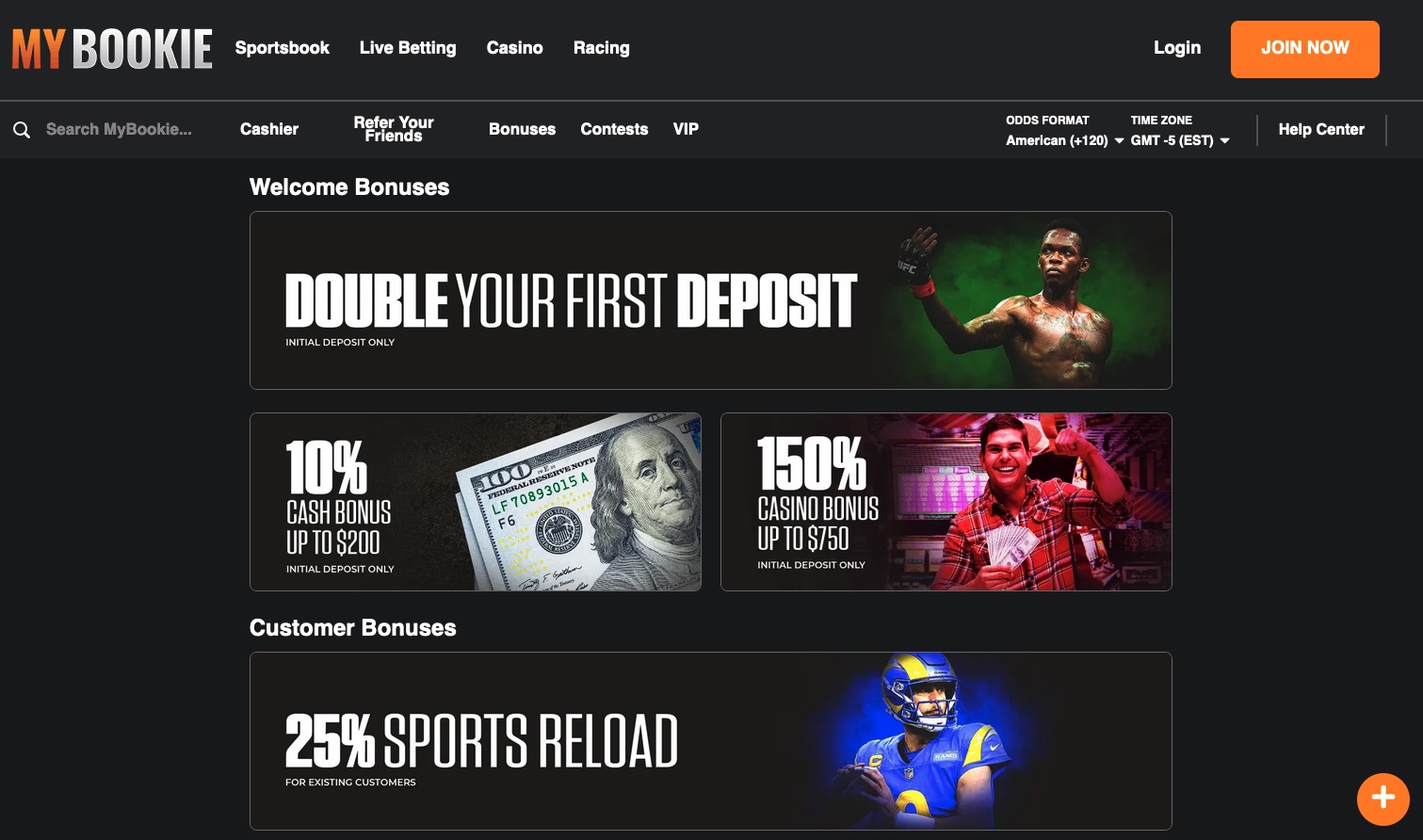California schools prepare to pay student athletes
Governor Gavin Newsom in California just signed a Senate bill called the Fair Pay to Play Act, which allows college athletes to get paid for use of their name, image and likeness. The governor and those who introduced the law made it clear that this does not pay students for their work on the field, but rather for the use of their name and image. Examples for where players would be compensated include names on football or basketball jerseys, images on magazines or promotional materials and likenesses in video games. Upon signing the bill, Governor Newsome explained his reasoning on the HBO talk show "The Shop" to Lebron James and Maverick Carter:
"Collegiate student-athletes put everything on the line – their physical health, future career prospects and years of their lives to compete. Colleges reap billions from these student-athletes' sacrifices and success but, in the same breath, block them from earning a single dollar. That's a bankrupt model - one that puts institutions ahead of the students they are supposed to serve. It needs to be disrupted."
Athletes like Lebron James have applauded Newsom's decision, saying it's about time that student athletes profit when the leagues make billions and give nothing to the students. But not surprisingly, the NCAA disagrees and says student athletes are paid well in the form of scholarships. And unlike many students who get academic scholarships, which may pay a percentage of their tuition and require them to maintain high marks to keep the scholarship going, athletes are almost always given a full scholarship, including board, meals, medical and an allowance for day-to-day needs for the entire duration of the time they play. And academic requirements are much lower. And for some of the larger, more expensive schools, the full scholarship could amount to several hundred thousand over a three to four year period. The NCAA is also upset that California decided to make the change alone, saying that it will now put them at an unfair advantage, since the other schools will now have to either follow suit or the best athletes will almost certainly play in California, where they can make money while playing. The NCAA acknowledged there may be some tweaking needed to the current system, but the drastic change California implemented isn't the solution.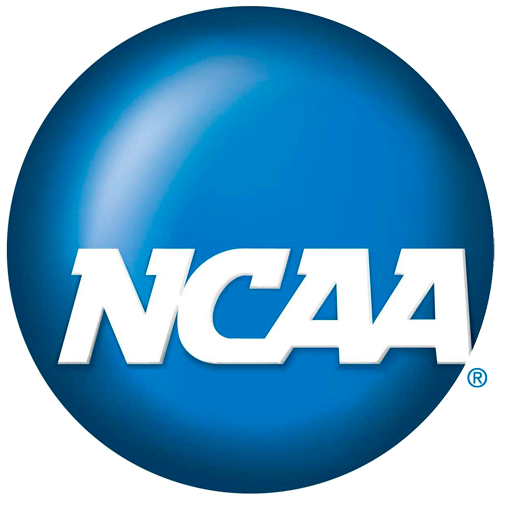 Newsome said that the NCAA pleaded with him not to sign the bill to protect the sanctity of amateurism, but he claimed he was more concerned with welfare of the students. The NCAA also expressed concern that this new law could have a major impact on Olympic sports, since the Olympic Committee may deem that athletes who are paid in any form are professionals and will not be able to compete for their national teams. The truth, of course, is that the requirement that athletes must be amateurs went out the window decades ago starting with the Soviet Union, who sent professional athletes to the Olympics disguised as amateurs since they "worked for the communist government" and more recently with the decision by the Olympics to allow the best professionals to compete in sports like basketball, baseball, hockey, tennis and golf.
Newsome said that the NCAA pleaded with him not to sign the bill to protect the sanctity of amateurism, but he claimed he was more concerned with welfare of the students. The NCAA also expressed concern that this new law could have a major impact on Olympic sports, since the Olympic Committee may deem that athletes who are paid in any form are professionals and will not be able to compete for their national teams. The truth, of course, is that the requirement that athletes must be amateurs went out the window decades ago starting with the Soviet Union, who sent professional athletes to the Olympics disguised as amateurs since they "worked for the communist government" and more recently with the decision by the Olympics to allow the best professionals to compete in sports like basketball, baseball, hockey, tennis and golf.
The argument against player compensation
I spoke to both analysts and bettors regarding their opinions on whether athletes should be paid for their images and each one made it a point to talk about gambling. One of the naysayers, Paul M., a sports bettor, explained why he believed paying athletes would be devastating to gamblers and to the leagues:
"I will only bet on college sports and I know there are a large percentage who feel the same way. When you get paid to play you become entitled and you turn the game into making it about yourself. That's one of the beautiful things about college sports – it's a team game and the coaches make sure of that. If a player in college does something that brings disrepute to the team or plays to make himself look better at the expense of the team, then a coach in college will have no problem sitting the player or even suspending them to teach a lesson. In the pros the athletes could care less about the coach's opinions or the teams. The attitude is 'I am the best and you will respect me for who I am regardless of my actions.' And for the most part pro coaches give in because they know these players sell tickets. In college, however, it's not about ticket sales or about self-fulfillment. It’s about the team and for that reason I know that when I'm putting down a bet on a college game, I will be getting 100% from every player on the field or court and I know I will get my money’s worth.
I don't have that same confidence betting pro football or basketball. I have seen far too many weird injuries in pros that you don’t see in college and I don't know how many times I bet on a pro game and feel I was ripped off because the players didn’t seem to be trying overly hard. I am truly worried that if players get paid in college the same thing may happen due to self-entitlement. And I'm also worried that the discrepancy between the best teams and the worst will grow because the rich teams will be able to attract players who may have been willing to play for a lesser team simply because they can make money on the side through endorsements and merchandise sales. If that happens, games could become meaningless and dull. Events like March Madness or the NCAA bowl games will almost certainly become duds, at least in the early rounds. After all, how can a team like Butler compete with UCLA if all the big prospects go to UCLA, while any good player avoids Butler because they can’t make endorsement money from them. It's fun to bet the dogs, but doing so will become a waste of money. Instead of seeing the #15 team defeat the #2 team in an exciting finish as you do now, I have a feeling it will more likely be like the U.S.A. basketball team taking on the team from Korea. If college athletes are paid, I'm afraid my sports betting days will be over."
The reason why players should be paid
On the other side of the coin there are people who believe it is not only time to pay players, but that it will bring integrity back to betting on college sports, which they believe is missing. They also think in the end it would be best for the NCAA as an organization. Stan F., another bettor who focuses mostly on college sports betting explained it to me this way.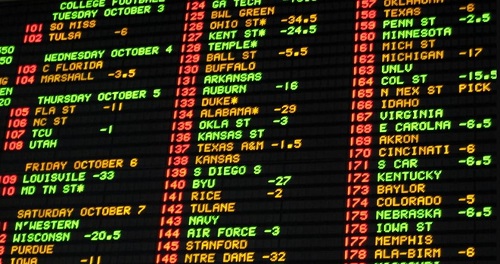 "When you look back at the biggest sports betting scandals over the years it has almost always involved college sports. These kids get nothing other than tuition and board and many struggle due to other family commitments. Some choose to take part time jobs to make ends meet, but many are just too tempted by money from gangsters and shave points. We know of several scandals over the years, but I think no one is obtuse enough to believe there aren't far more that go unnoticed. The ones who end up being caught are the better players who miss easy shots, drop easy passes or miss layups that wouldn’t happen normally. If it happens with a few players on the team and a 20-point favorite only wins by 10 it raises eyebrows. But for the most part that is the exception rather than the rule. These players have almost always admitted when caught that they were put in a moral dilemma but felt they had no choice because they needed the fix money to survive. If these players were paid, then the dilemma will be gone because they won’t need the money to survive. And let's be truthful. The teams make a fortune off the games which they use to pay coaches, training staff and other team staff but the only ones not being compensated are the players who do the work.
"When you look back at the biggest sports betting scandals over the years it has almost always involved college sports. These kids get nothing other than tuition and board and many struggle due to other family commitments. Some choose to take part time jobs to make ends meet, but many are just too tempted by money from gangsters and shave points. We know of several scandals over the years, but I think no one is obtuse enough to believe there aren't far more that go unnoticed. The ones who end up being caught are the better players who miss easy shots, drop easy passes or miss layups that wouldn’t happen normally. If it happens with a few players on the team and a 20-point favorite only wins by 10 it raises eyebrows. But for the most part that is the exception rather than the rule. These players have almost always admitted when caught that they were put in a moral dilemma but felt they had no choice because they needed the fix money to survive. If these players were paid, then the dilemma will be gone because they won’t need the money to survive. And let's be truthful. The teams make a fortune off the games which they use to pay coaches, training staff and other team staff but the only ones not being compensated are the players who do the work.
But payers aside, the NCAA has had their heads in their asses for years and have now sunk them deeper into the bowels. The Supreme Court gave them a gift last year by allowing betting on sports that will increase interest in games, generate more ticket sales and provide great advertising and promotional opportunities with the states and gambling companies. The NBA, NHL, MLB and now even the NFL have realized the opportunity and are starting to benefit from it. I live in Trenton and see the ads for NFL betting at FanDuel all the time which I’m sure the teams and players get a fortune for in return for using the team names and likeness. It’s a win-win for everyone. But for some reason the NCAA won’t get on board and they keep refusing to reap the rewards which could be used for more scholarships, academics and other endeavors. And yes, the best players can be paid for what they do also. The NCAA seems to still believe that allowing betting will corrupt the students. Well here’s a news flash for them. Students have been betting on college sports forever and there isn’t a thing the NCAA can do about it. And the NCAA knows that too. It reminds me of the movie Casablanca where Louis was "shocked, shocked to find out that gambling was taking place" at Ricks and then accepts the winnings from his roulette bet right after. I truly believe that the reason the NCAA wants to pretend gambling among students doesn't take place and the reason they don't want the athletes to get more money is that they view themselves like a cartel, who control everything related to the operation. And they are worried that doing anything different will result in them losing control of the cartel. I'm not comparing the NCAA to OPEC, but I do feel that the league officials are afraid of the unknown and think the only way to protect themselves is to do everything to maintain the status quo. Will I stop betting on college sports if players get paid? Hell no."
After hearing Stan talk I couldn't help but think that he could be right and in many ways the head of the NCAA is like Sheldon Adelson, who pushed for the introduction RAWA because Adelson was comfortable with what he knew worked – land based gambling - and didn't want to venture into online gambling, even if in the end it would be the best thing for Las Vegas Sands.
It should be noted that the California rules say that prospective students can not be compensated in advance for their name, image or likeness, meaning that a potential star athlete can only be compensated once they become a household name. However, almost everyone I spoke to says that is semantics. The star high school players will immediately appear on merchandise so it’s a meaningless rule. And there is also still a rule in effect that says that students can’t sign opposing deals to teams. So, in better words. if a team's uniforms are sponsored by Nike, the player can't then sign a deal with Reebok, since that would be a conflict.
In all, Gavin Newsom's decision to sign the Fair Pay to Play Act has indeed been a game changer. The new rules don't take place until 2023, but almost certainly those in high school will take a much closer look at California teams, if they are among the elite athletes in their high schools. This will almost certainly force schools in Oregon, Washington, Arizona, etc. to follow suit in order to compete in the Pac-12 and no doubt bigger schools in other divisions will follow suit as well. Time will only tell if that will lead to a situation like Paul suggested, where the divide among Division 1 teams who compensate students vs. those who don’t will become so wide that the tournaments and games will become boring blowouts. Or, whether it will turn into a situation like Stan suggested, where teams and the leagues will see that dropping the rule that prohibits sports betting is the only option and in return every team will benefit as a result of higher revenues, including paying the best players for their name, image and likeness. In either case, the landscape for sports betting on college sports is almost certain to take a major shift in the near future.
Read insights from Hartley Henderson every week here at OSGA and check out Hartley's RUMOR MILL!










